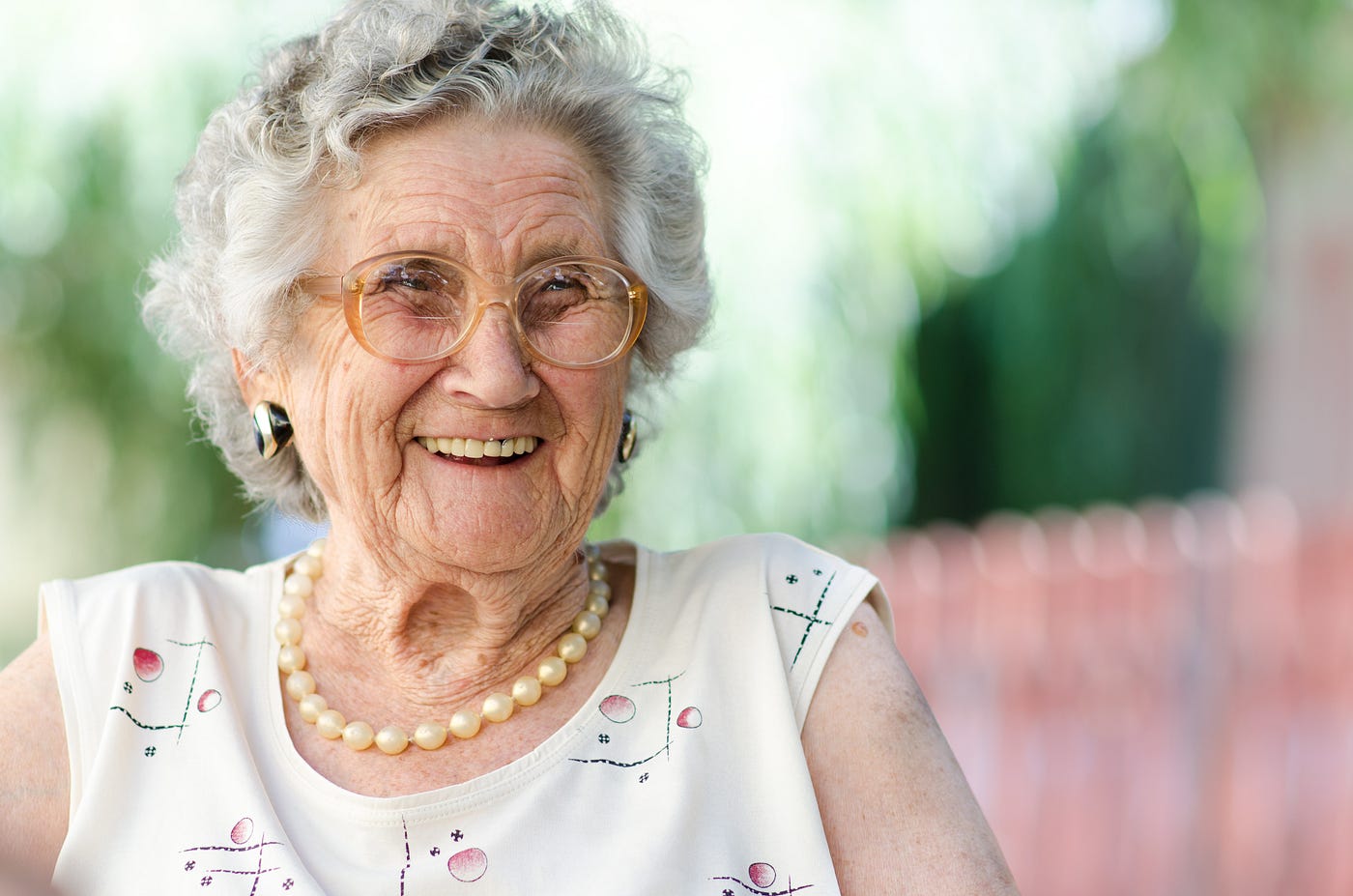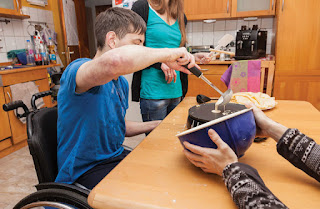8 Steps to Finding the Right Peer Support Specialists

Peer support specialists are paraprofessionals who deal with people who have mental health or developmental problems. They offer peer support and peer counseling to people in their communities, assisting them in becoming more self-sufficient.
Peer support experts are also known as peer counselors, community support specialists, and peer support specialists. Whatever name they go by, they all have the same goal: to assist people in overcoming obstacles and leading better, healthier lives.
8 Steps to Finding the Right Peer Support Specialist
The following five “key steps” were discovered to account for the unique efficiency of peer support specialists, in addition to the obvious components that were determined to be crucial for successful peer-to-peer programs:
- Social support: The effectiveness of social support and its advantages deserve an explanation, even if it is referenced multiple times in this study since it is a key component of peer counseling programs. Peer support is believed to involve emotional support, knowledge and guidance, useful aid, and assistance in comprehending or interpreting events. Peer support and cohesiveness serve as protective factors for troops exposed to combat-related stresses, preventing PTSD and other stress-related mental health issues, according to a growing body of research. For American troops who have experienced sexual assaults and other traumatic events, peer support has been shown to be a protective factor in the period immediately following traumatic stress exposure. Peer-to-peer support programs may help troops cope with operational stress and lessen symptoms of stress-related mental illness since they boost social support from peers.
- Practical Experience: The knowledge base of peer support specialists based on actual experience is referred to as experiential knowledge. Peer support specialists who share experiences with the person seeking support — whether they be former soldiers, police officers, firefighters, or alcoholics in recovery — have more authority as “experts” in addressing the issues and difficulties the person is facing. Through a process of social identification in which the individual more easily recognizes the peer support specialists as “like me,” sharing comparable experiences and backgrounds also helps to create a feeling of social cohesiveness.
- Trust: Any mental health intervention must have trust to be effective. According to a nationwide VA research, war veterans with mental health issues are more likely to trust peer support specialists than standard hospital professionals to provide them with care. What exactly is trust, and how does it develop between two strangers? The broad expectation that a person is honest, selfless, not going to take advantage of others, reliable, or “knows his thing,” is how a well-known and widely important theory on trust defines it. Because of their shared experiences (similar experiences implying that the counselor “knows what he or she is talking about”), peers are more likely to gain trust rapidly in the peer support setting.
- Ease of access: The most readily available mental health support for other military personnel, both on and off the battlefield, comes from their peers. This is especially true in a theater where they interact, fight, and coexist. Therefore, it is crucial for assuring access to treatment that service members who serve as direct conduits to resources for physical, spiritual, and/or psychological wellbeing. Access must be as simple and accessible as feasible to promote participation given the anxieties and stigma that service members and veterans frequently associate with seeking mental health treatment. The success of the vet clinics, which are community-based rather than housed in VA medical hospitals, can be attributed in part to their accessibility. Some of the studied programs help only during specific hours.
- Empathy: Understanding another person’s thoughts and feelings is referred to as empathy. You can be tasked with assisting others going through a mental health crisis as a peer support expert. It’s crucial that you can relate to them and make them feel understood because this may be a highly stressful and emotional period for someone.
- Nonjudgmental attitude: One of the most critical qualities for a peer support specialist is a nonjudgmental attitude. They deal with a wide range of mental health issues and must be able to listen to them without passing judgment. This enables them to establish an accepting environment in which their customers may speak up about their difficulties.
- Confidentiality: Confidentiality is the assurance that whatever information you acquire about your clients will remain private. As a peer support specialist, you may hear sensitive material about your client’s personal life, therefore this is a crucial component of your profession. Any information you gather about your clients should never be shared with anybody else.
- Problem-solving abilities: enable you to spot problems and generate solutions. As a peer support specialist, you may work with people who are going through a difficult time emotionally. You may utilize your problem-solving abilities to assist them in resolving their issues and overcoming their obstacles. Problem-solving skills may also be used to assist your team members in resolving disagreements and improving communication.
ABOUT –
The Northeast Independent Living Program, or NILP, offers a variety of programs, one of which is the Older Adult Peer Service (OAPS), which focuses on peer support. Peer support is defined as “the act of offering and receiving encouragement and help with the goal of achieving long-term rehabilitation.” “Peer supporters provide emotional support, share information, teach skills, provide practical assistance, and link people with resources, opportunities, supportive groups, and peer counseling,”
COAPS Specialists are 55+ years old and have lived experience with mental health difficulties. They work at NILP services as Certified Older Adult Peer Specialists (COAPS). They’ve been professionally educated to provide compassionate, non-judgmental listening and problem-solving assistance to older persons who may be experiencing social isolation, loneliness, or other associated issues. The University of Pennsylvania has certified COAPS Specialists as MA Certified Peer Support Specialists, and they have undergone evidence-based training.
CONCLUSION-
Peer support has been shown in studies to have considerable advantages, such as fewer hospitalizations and improved recovery results.
As a peer support expert, you may encourage and assist others by letting them know you’ve been down the same road with peer counseling. Your words of encouragement might give those who are dealing with mental health issues renewed hope that their situation will improve as well.
At NILP, Older Adult Peer Service (OAPS) plays a vital role in the lives of older persons (55+) who have endured trauma, mental health difficulties, and/or drug addiction by providing companionship and community activities that promote healthy social interaction and personal growth. It’s a program run by our Northeast Recovery Learning Community (NERLC), and it’s funded by the Medicaid Frail Elder Waiver 1115. (FEW).


Comments
Post a Comment